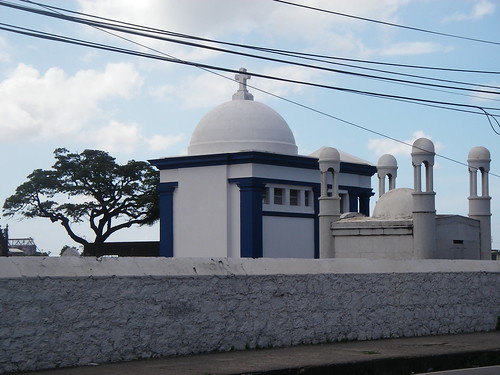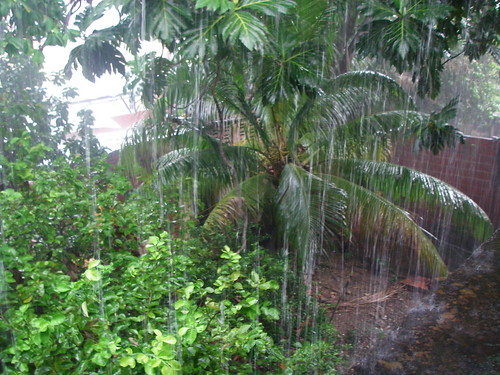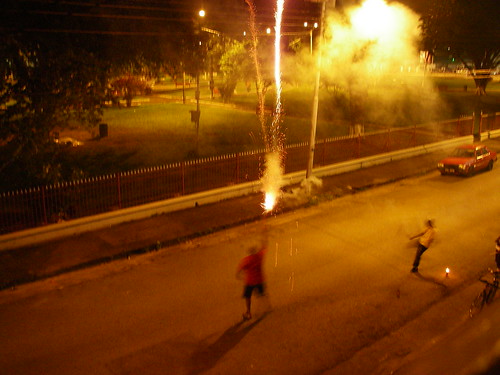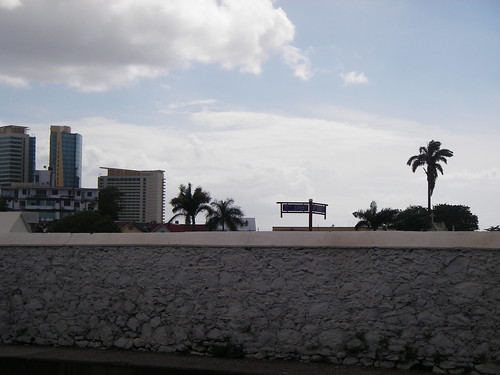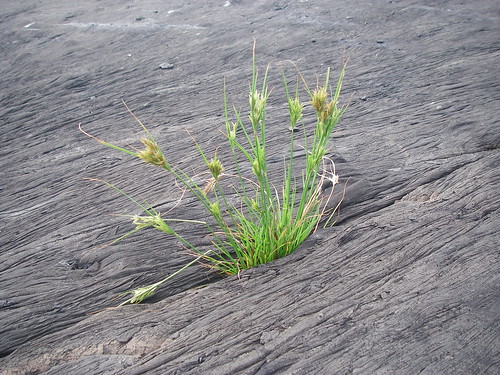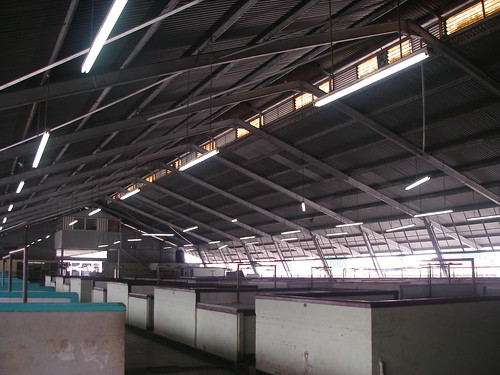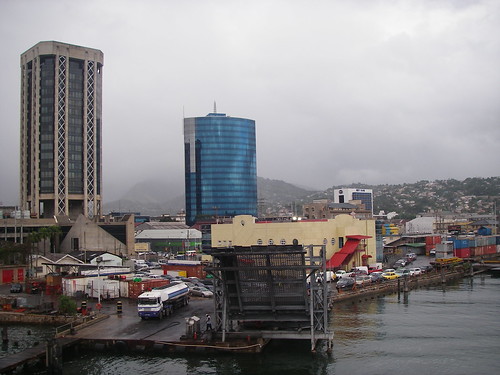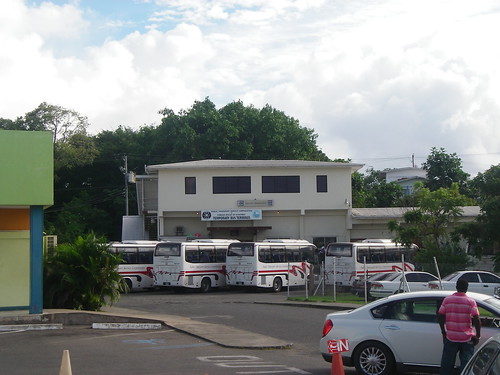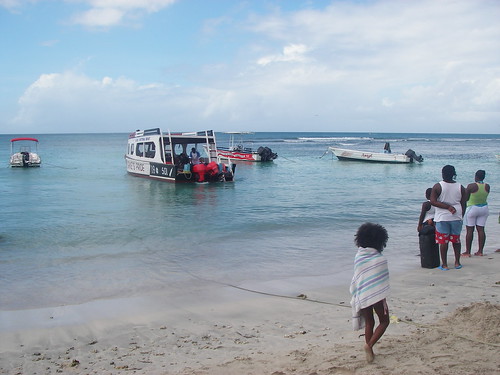Trinidad: How not to get around
Saturday, January 3rd, 2009Staying at the Asa Wright Nature Centre is forbiddingly expensive, and not just for backpackers. I might have to do the bird reserve as a day visit, which sucks because the best birdwatching is early in the morning. Alternatively it is possible to stay at the nearby Alta Vista Rainforest Resort (the text is black on a black background so you have to highlight it to see it. Maybe they’ll let me stay for free if I offer my services as a web designer.), but the cabins are 200TT a night. While that is reasonable, it is also my entire daily budget. The pound has reached parity with the euro.
I thought I’d have a look anyway and hopped on a maxi to Arima. There wasn’t much to see; the rainforest starts just north of the town. The drive from Arima to Blanchisseuse is said to be legendary.
I had hardly touched foot on the pavement when I was approached by another maxi driver.
“Where you going? Arouca?”
“Blanchisseuse.”
“Where?”
I showed him on the map. He squinted, but the rain had obscured the print. He ought to know it though; you can’t miss it since it’s right on the beach.
“Never worry yourself,” he said. “Get in.”
Arima holds the record for my all-time shortest stop-over.
By Gods, I thought, contemplating the scenery through the open window, travelling around Trinidad is so easy, a seven year old child could do it.
I was wondering where the forest would begin and if there would be enough light to snap some pictures. Fifty metre high trees are said to grow right next to—and over—the road. But we were still in conurbia.
We passed a building I recognized. The Faith Assembly. Maybe all their churches have a uniform look. Odd though that I hadn’t seen any on my way south.
The names of the pastors were the same.
If I had paid attention to the Lonely Planet, I might have remembered that maxis to Blanchisseuse leave from the corner of Charlotte Street and Duke Street, and not from the City Gate terminal, or—apparently—from Arima.
I’ll try it the other way round tomorrow.
